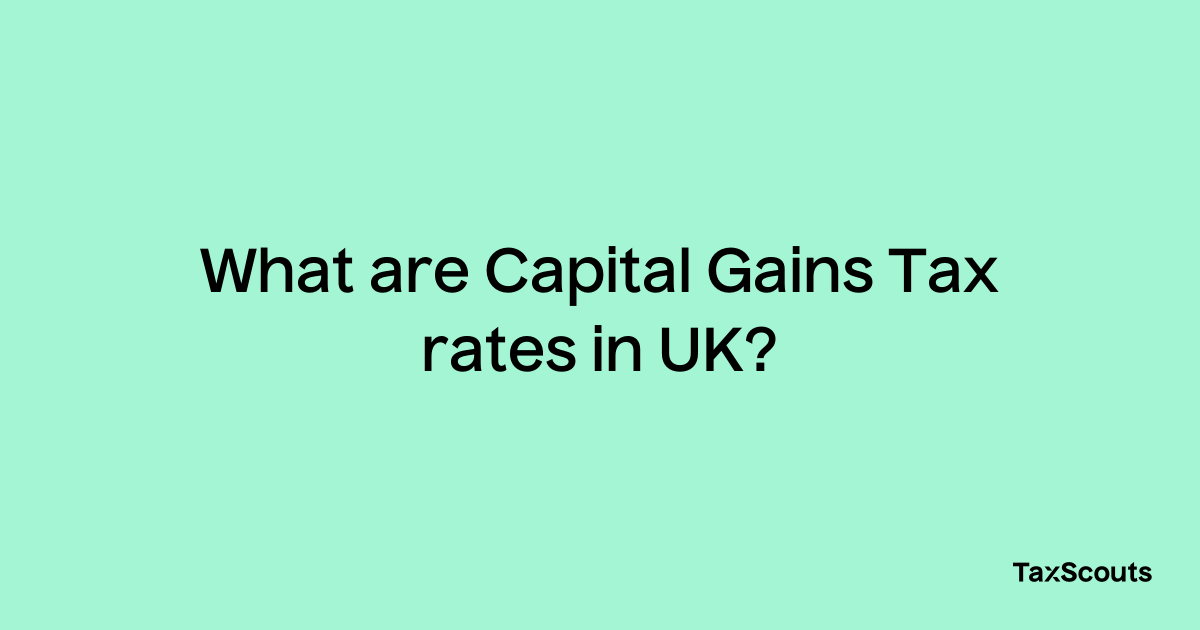Stock options tax rate uk
Instead, you settle up with the IRS when you actually sell your shares down the road. In order to get the preferred tax treatment, ISOs must be held for two years from the date they are granted and at least one year from the exercise date. If you have in-the-money options at your disposal, it behooves you to act well before the expiration date. Some employees simply forget about the deadline or wait on their decisions as long as possible in the hope that the price will go up higher still.
That strategy can backfire, however. The last thing you want to do is let the options expire and be worthless. A generous stock option benefit is certainly nothing to complain about. But it does have a significant risk—the possibility that too much of your wealth will be tied up in a single stock.
Employee share plans in the UK (England and Wales): regulatory overview
Should the organization fall on hard times, you would not be diversified enough to cushion the blow. To account for fluctuations in the market, consider dividing the sale into a series of transactions over a few weeks or months, especially for larger amounts. You can then use that income to increase your k and IRA contributions. Employee stock options can be a valuable part of your compensation package, especially if you work for a company whose stock has been soaring of late.
- How to Report Stock Options on Your Tax Return.
- LTIP tax treatment—overview - Lexis®PSL, practical guidance for lawyer?
- Cookies on GOV.UK!
In order to take full advantage, make sure you exercise your rights before they expire, and understand the tax effect of your decisions. Your Privacy Rights. To change or withdraw your consent choices for Investopedia.
Cookies on Community Forums
At any time, you can update your settings through the "EU Privacy" link at the bottom of any page. These choices will be signaled globally to our partners and will not affect browsing data. We and our partners process data to: Actively scan device characteristics for identification. I Accept Show Purposes. Your Money. Personal Finance.
Your Practice. Popular Courses.

Key Takeaways Employee stock options can be a lucrative part of an individual's overall compensation package, although not every company offers them. Workers can buy shares at a pre-determined price at a future date, regardless of the price of the stock when the options are exercised. Non-qualified stock options NSOs are granted to employees, advisors, and consultants; incentive stock options ISOs are for employees only.
With NSOs, you pay ordinary income taxes when you exercise the options, and capital gains taxes when you sell the shares. With ISOs, you only pay taxes when you sell the shares, either ordinary income or capital gains, depending on how long you held the shares first. Compare Accounts.
The offers that appear in this table are from partnerships from which Investopedia receives compensation. Related Articles. Partner Links. Many well-known businesses from BP and Morrisons to Coca-Cola and Amazon are listed on stock markets, which means people can buy shares in them. If the share price goes up between when you buy and sell, you make a profit.
The company may also pay dividends, in effect cash, on a regular basis to reward its shareholders. But where there is money to be made, expect the taxman to be lurking somewhere nearby. There are several taxes you need to be aware of when buying or selling shares, making money from them, or leaving them to a loved one. When you go into a store and buy a t-shirt, you may not see it on the receipt, but included in the price is VAT — the tax you pay on most goods and services you purchase in the UK. Shares in a company have something similar: stamp duty.
You may be more familiar with this when it comes to buying a home. Most company shares are purchased electronically using something called the CREST system — no, it has nothing to do with toothpaste — while others are bought in the traditional way. Both incur stamp duty; how your tax bill is calculated depends on how you buy the shares.
It depends on the type of transaction. You do not need to pay SDRT if you are given shares as a gift. However, you may have to pay capital gains tax CGT when you come to sell and income tax. How an inherited portfolio is treated for tax depends on where it is held and the type of shares contained within it.
What is a Share Option? | Money Mage
There are two ways to earn money from shares. The first is if the company grows and becomes more valuable, then your piece of the company will be worth more. When it comes to selling shares, if you make a profit, CGT is applied. The second way is if the company in which you are invested in pays its shareholders a little bit of money, called a dividend, out of its profits each year.
Any money that you receive from your investments will be added to all your other types of income, including wages, pensions and rental income, and taxed at the bracket that is applicable to you:.